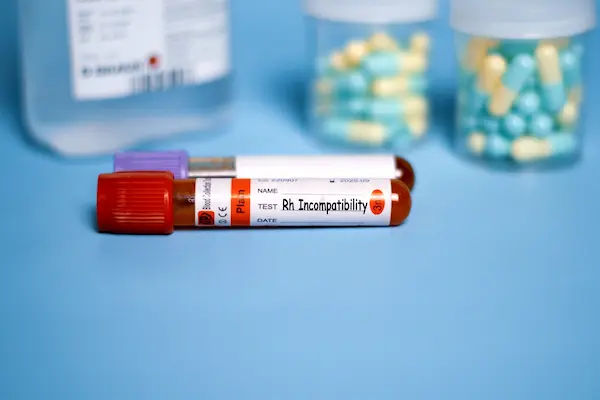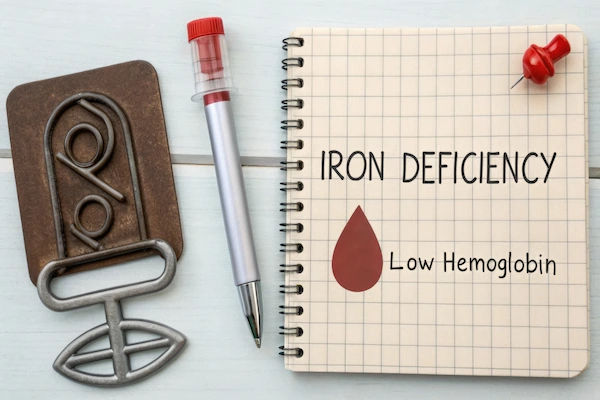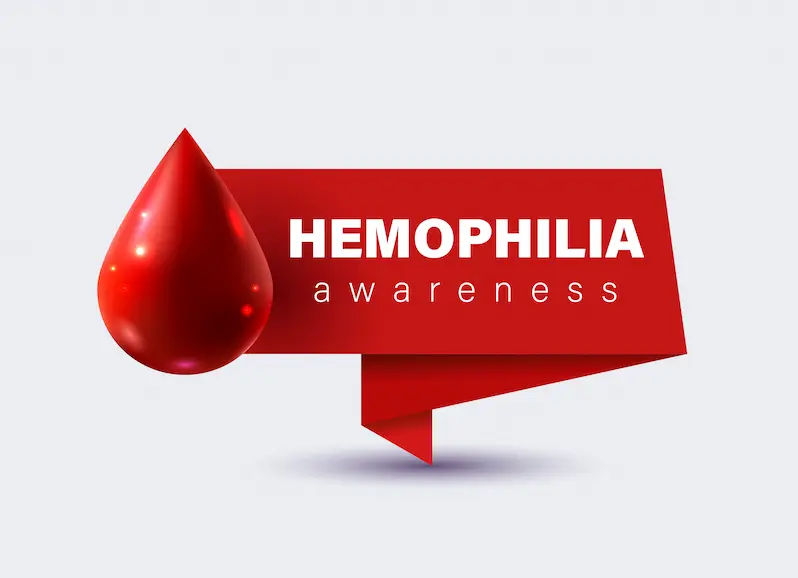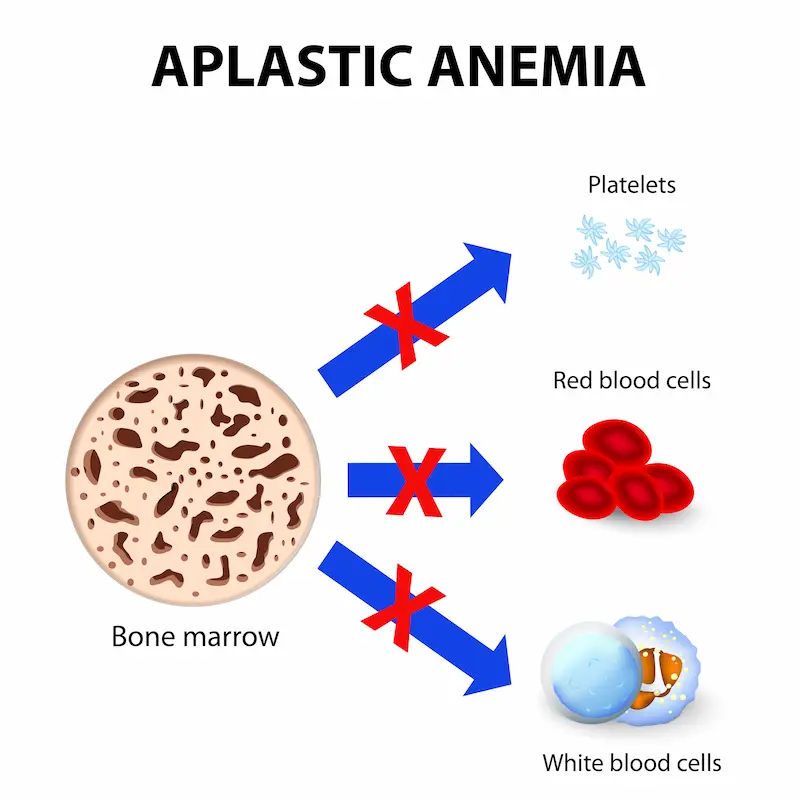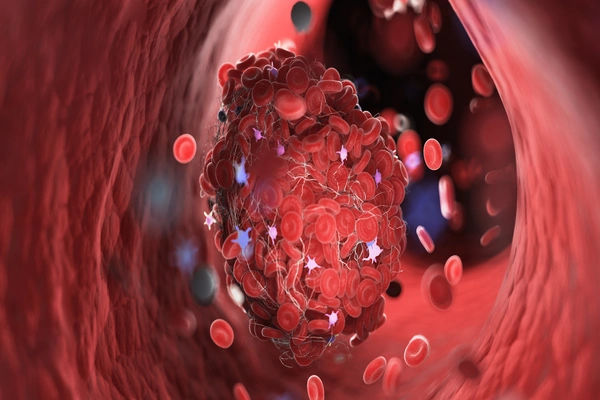- female
- 30 Years
- 29/01/2025
My latest blood test shows a platelet count of 85,000, and Im really worried. Could this be a sign of dengue, or is it more likely a regular viral fever? Ive attached the test report for you to see. What do you think?
Answered by 1 Apollo Doctors
Visit your Physician for appropriate management
Dr. Ibrahim Suggests...
Consult a Haematologist
Answered 04/07/2025
0
0

More Haematology Health Queries
View allCan blood type change?
No
Answered by 1 Apollo Doctors
I'm really concerned about my dad's D-Dimer levels. They were supposed to stay below 500, but now they've shot up to 900. He was in quarantine for about 25 days and recently discharged from the hospital, but this rise in D-Dimer really worries me. Some doctors say it's normal post-COVID, while others say it's not. He's feeling okay, with no cold, cough, or other COVID symptoms now. What can be done to keep these levels in check? I'm anxious about how to handle this situation.
Elevated D-Dimer levels post-COVID-19 can be concerning. To help control this, your dad can be prescribed anticoagulant medication. I recommend he takes Apixaban (Eliquis) 5mg twice daily. This medication will help prevent blood clots and keep the D-Dimer levels in check. It is important to follow up with his healthcare provider for regular monitoring and adjustment of the dosage as needed.
Answered by 1 Apollo Doctors
I'm a 37-year-old guy weighing around 60 kg and I've been on enalapril 5 and met xl 12.5 tablets for my hypertension for the last six months. Recently, during a pre-employment medical checkup, I noticed that the RBC count and size in my blood report were highlighted as concerning by the doctor, but they didn't suggest any treatment. My family doctor is back in Kolkata while I'm currently in Oman. What should I do about this? Should I keep taking my meds as usual, or do I need to consider any other treatment or actions?
It's important to address the abnormal RBC count and size in your blood report. Since your family physician is not readily available, I recommend consulting with a local physician in Oman to further investigate the cause of the abnormal RBC findings. It's important to determine the underlying reason for this abnormality before making any changes to your current medication regimen. However, in the meantime, you can continue taking enalapril 5 and met xl 12.5 as prescribed for your hypertension. These medications help in managing high blood pressure effectively. Make sure to follow the dosage instructions provided by your healthcare provider.
Answered by 1 Apollo Doctors
Disclaimer: Answers on Apollo 247 are not intended to replace your doctor advice. Always seek help of a professional doctor in case of an medical emergency or ailment.
